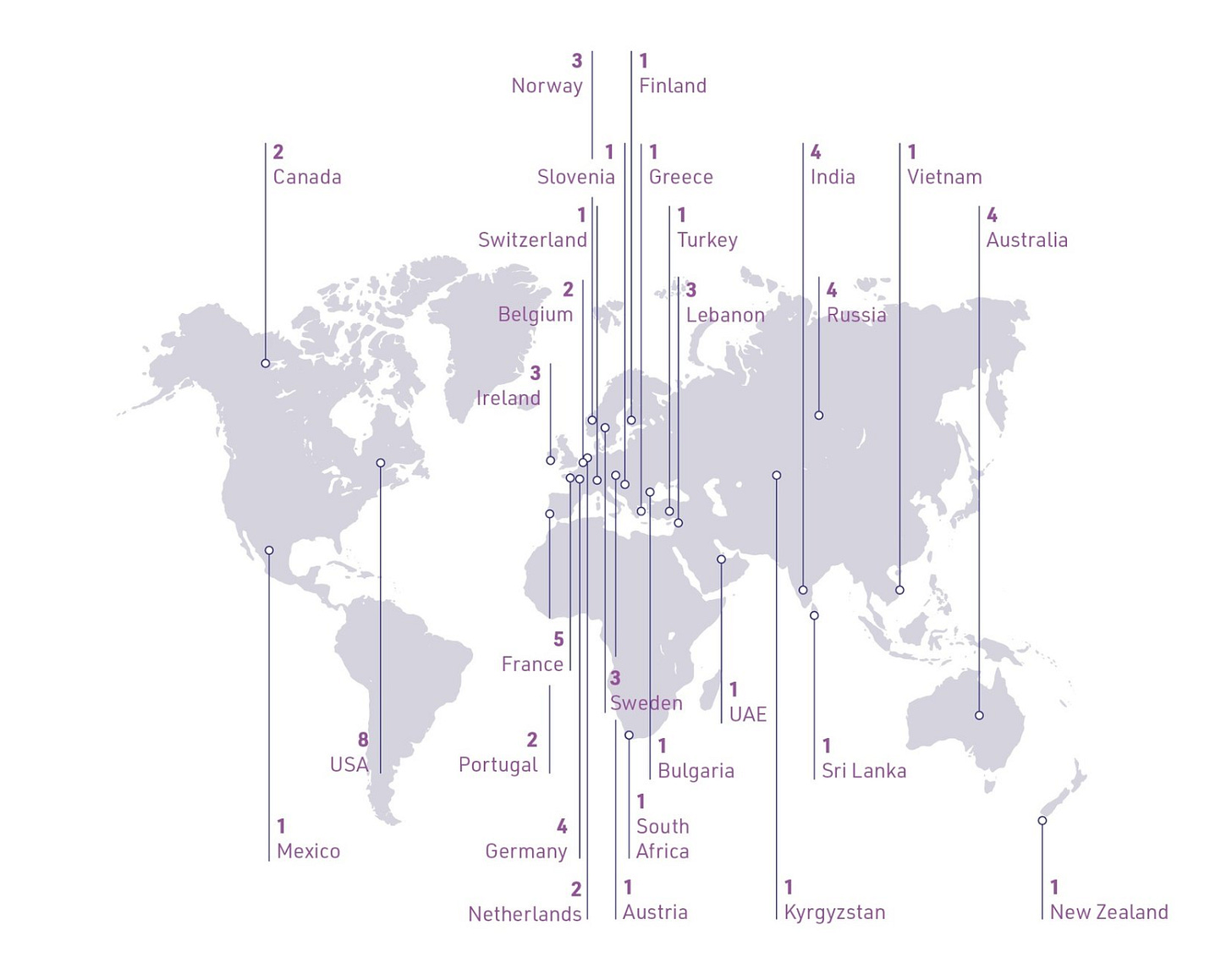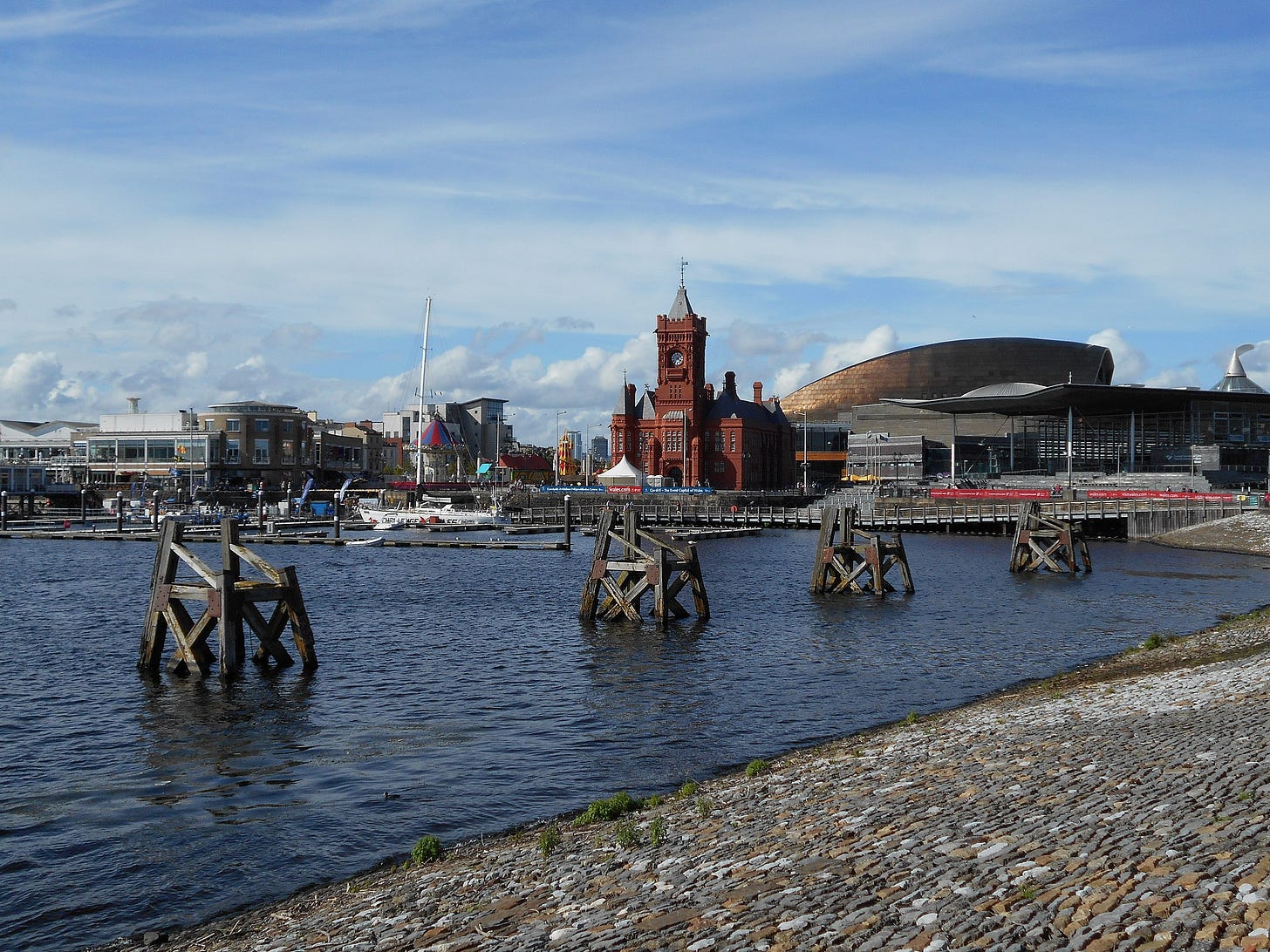Liz Truss could still do a lot without Parliament
The UK Parliament is restive. But even if Parliament refuses to pass any Bill ever again, Liz Truss could do a lot to improve jobs, investment, growth and opportunity. Here are a few examples. None of these needs primary legislation. There is much more detail if anyone wants it.
Planning and housing
The new proposed Investment Zones could be created with Special Development Orders, which require no primary legislation. They can be made at the Secretary of State's absolute discretion, and require no consultation. That was how the Cardiff Bay regeneration happened, for example.
National planning policy should be changed to encourage more bedrooms and more homes through new mansard extensions on Georgian properties and graceful upward extension of Edwardian and Victorian properties. These proposals are wildly popular. They won’t change the world, but they will result in substantial numbers of additional bedrooms and flats where they are needed most – in the most unaffordable areas.
The Government could also avoid shooting itself in the foot, by not banning solar farms on lower-grade (3b) farmland. It can meet all the demands for protection by simply making such farms subject to consent by the community. It could even allow solar farms on higher grade farmland so long as agriculture can continue underneath and the local community consents.
Speeding up infrastructure
To enable easier development of critically needed infrastructure under the 2008 Planning Act, the Government should amend the Guidance to stop the Planning Inspectorate from using a technicality to exclude applications from being submitted.
The guidance should also require proportionality and consideration of the impact of delay, and recognize that examination provides a further opportunity for interested parties to comment.
The Government should also improve the new National Policy Statement for Nuclear to encourage cleaner, greener, safer energy.
High skilled immigration
Without any primary legislation, the Government could improve the list of graduates eligible for the High Potential Individual Visa. That would ensure that the very best graduates who can add the most value to this country are allowed in.

Sources of immigrant co-founders in the UK, from TEN
Childcare
The UK has among the most expensive childcare in the OECD, but the number of childminders has dropped from 106,000 in 1992 to under 35,000 in 2021. Currently childminders are subject to expensive and burdensome requirements for a full GP checkup before they can register. That could be removed with a simple change in guidance.
The Early Years Foundation State (EYFS) framework sets out a series of complex duties that are daunting for many childminders. It should be modified so they can deliver it better and more cost effectively. That could be done, for example, by Ministerial direction to create a new specific EYFS section containing light-touch oversight and relevant information specifically for childminders.
Informal childcare is subject to an immense chilling effect from unclear rules. One summary explained that:
childcare arrangements over two hours a day, under current law parents are unable to pay (in money or in kind) other families or trusted family friends for childcare unless they are registered. As a matter of strict law ‘payment in kind’ may include two families swapping childcare, and the exemption for two families sharing childcare does not cover a grandparent doing childcare in their own home as a part of a childcare rota (which can be read by regulators as payment in kind). Further, if a group of three families agree a rota for childcare between them (payment in kind), current regulation requires lengthy and onerous registration with Ofsted as a childminder if the care is more than three hours a day.
That could be fixed with a new statutory instrument, making it clear that reciprocal childcare arrangements between families with children, including grandparents, are clearly legal. There could also be trials for allowing paid childminding by close family friends, probably subject to DBS checks.

The NHS
The current delays in ambulance provision could be reduced by negotiating with firefighters to provide additional support for category 1 emergency calls – as they already do in some parts of Britain, and as they do in many other countries.
To reduce the dual burden on the NHS from flu and covid this winter, the Government could make it legal for adults under 50 to buy a covid vaccine through a pharmacist, just as they have been able to do with flu vaccines for many years.
We could also improve our defence against biological dangers from overseas, and the risks of other disasters, by instituting the Three Lines of Defence framework that is used by major international organisations and companies. No-one can pretend that Government risk management as of January 2019 was as good as possible. Better planning would save billions and avoid much unnecessary harm.
These are just a few ideas. There are undoubtedly many more. They all rely on exploiting one little-understood fact: the world is currently run so badly that there are plenty of ways to run it better while making almost everyone, especially those who need it most, better off. Those ways need not be unpopular. They just require careful and detailed work. Sadly, that work is all too often lacking. But we can all help. If you have a good idea, please share it in the comments.





